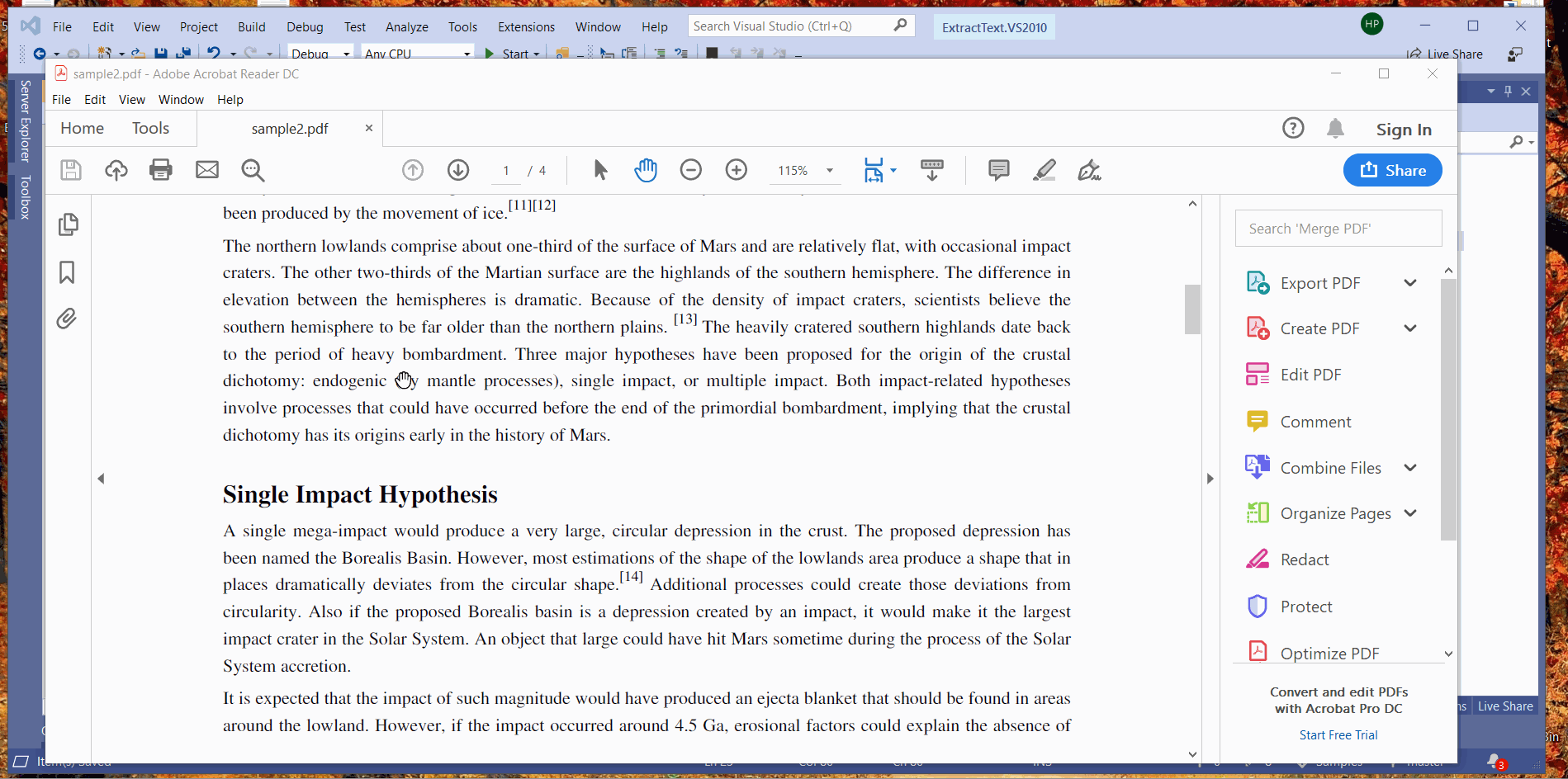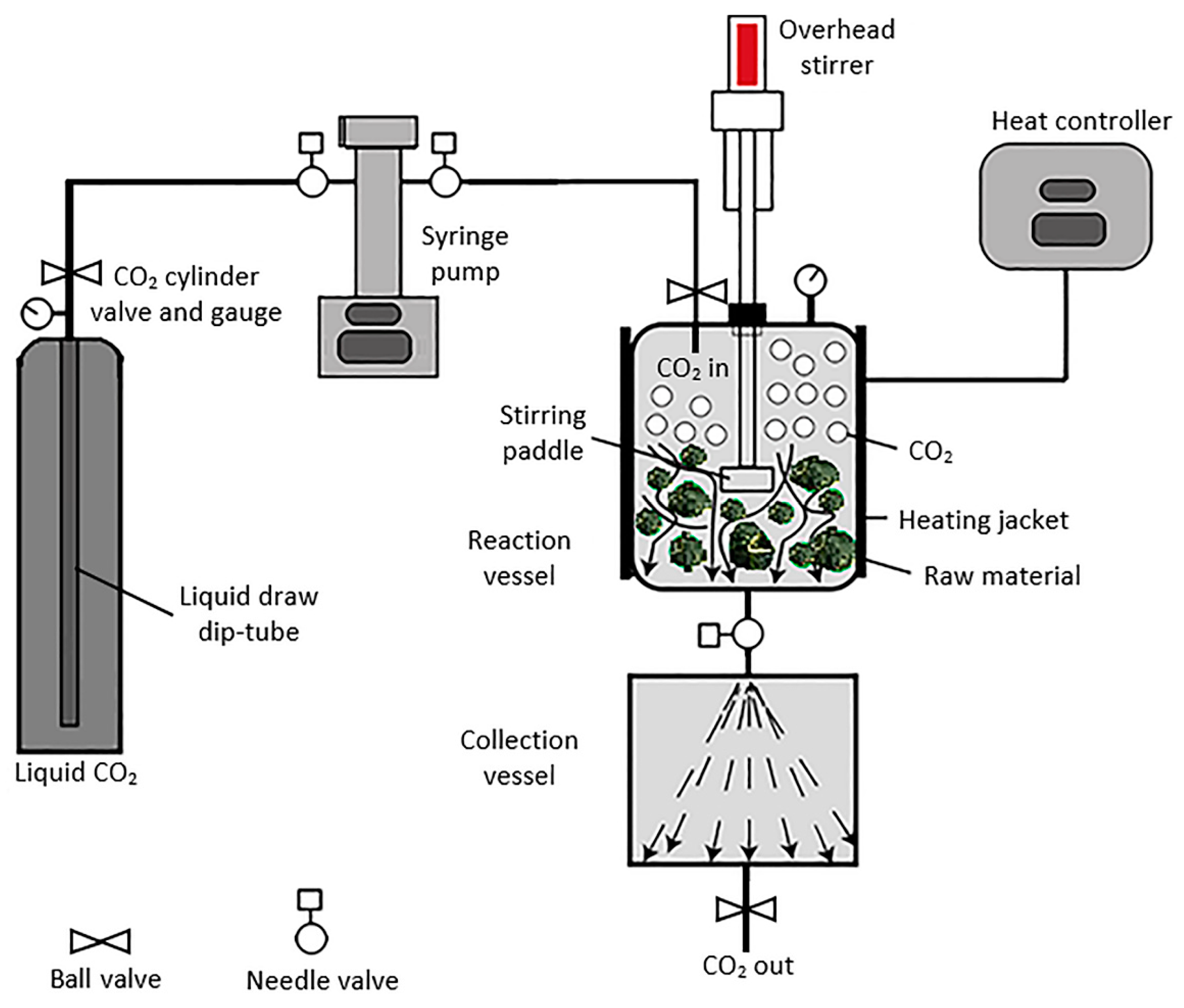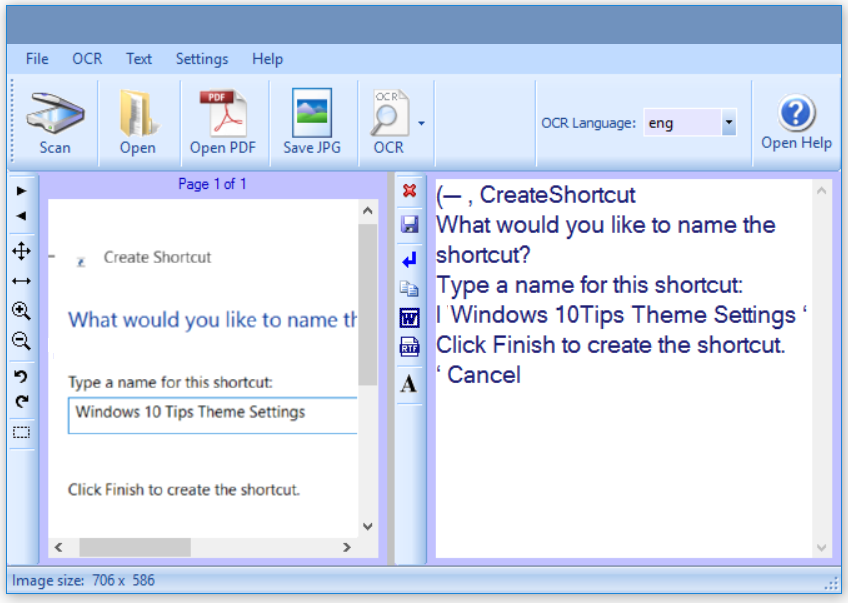

- Video text extractor how to#
- Video text extractor pdf#
- Video text extractor install#
- Video text extractor code#
Convert Text and Text File to PDF using Python.Extract text from PDF File using Python.Project Idea | ( Character Recognition from Image ).Project Idea | (Detection of Malicious Network activity).Project Idea | (Online Course Registration).Project Idea | (Project Approval System).Python | Reading contents of PDF using OCR (Optical Character Recognition).Text Detection and Extraction using OpenCV and OCR.


GATE CS Original Papers and Official Keys.You can not only extract YouTube video details, but you can also apply this skill to any website you want.
Video text extractor how to#
That is it! You know how to extract data from HTML tags, then go on and add other fields such as video quality and others. While you wait for Part 2, listen to this great song: Channel Name: jawed Channel URL: Channel Subscribers: 1.98M subscribers Conclusion Here is my output when running the script: C:\youtube-extractor>python extract_video_info.py Title: Me at the zoo Views: 172639597 Published at: Video Duration: 0:18 Video tags: me at the zoo, jawed karim, first youtube video Likes: 8188077 Dislikes: 191986 Description: The first video on YouTube. The above does just that and then prints it in a format.

There is nothing special here since we need a way to retrieve the video URL from the command line.
Video text extractor code#
Let’s make a function given a URL of a YouTube video, it will return all the data in a dictionary: def get_video_info(url): # download HTML code response = session.get(url) # execute Javascript (sleep=1) # create beautiful soup object to parse HTML soup = bs(, "html.parser") # open("index.html", "w").write() # initialize the result result = ") Importing necessary modules: from requests_html import HTMLSession from bs4 import BeautifulSoup as bsīefore we make our function that extracts all video data, let’s initialize our HTTP session: # init session session = HTMLSession( Now let’s make our script that extracts some useful information we can get from a YouTube video page, open up a new Python file and follow along: This way, you will be able to extract everything you want from that web page. Or the number of views: In : soup.find("meta", itemprop="interactionCount") Out: '172826227' For example, we can get the video title by: In : soup.find("meta", itemprop="name") Out: 'Me at the zoo' Great, now let’s try to find all meta tags on the page: In : soup.find_all("meta") Out: Įasy as that, a lot of valuable data here. The above code requests that YouTube video URL renders the Javascript, and finally creates the BeatifulSoup object wrapping the resulting HTML.
Video text extractor install#
Installing required dependencies: pip3 install requests_html bs4īefore we dive into the quick script, we are going to need to experiment with how to extract such data from websites using BeautifulSoup, open up a Python interactive shell and write these lines of code: from requests_html import HTMLSession from bs4 import BeautifulSoup as bs # importing BeautifulSoup # sample youtube video url video_url = "" # init an HTML Session session = HTMLSession() # get the html content response = session.get(video_url) # execute Java-script (sleep=1) # create bs object to parse HTML soup = bs(, "html.parser") Therefore, for more reliable use, I suggest you use YouTube API for extracting data instead. The code of this tutorial can fail at any time. Note that it isn’t reliable to use this method to extract YouTube data, as YouTube keeps changing its code. This tutorial will show how to extract data from YouTube videos using requests_html and BeautifulSoup in Python. You can find the most popular channels, keep track of the popularity of channels, record likes and views on videos, and much more. Since YouTube is the biggest video-sharing website on the internet, extracting data can be very helpful. It is a form of copying in which specific data is gathered and copied from the web into a central local database or spreadsheet for later analysis or retrieval. Web scraping is extracting data from websites.


 0 kommentar(er)
0 kommentar(er)
